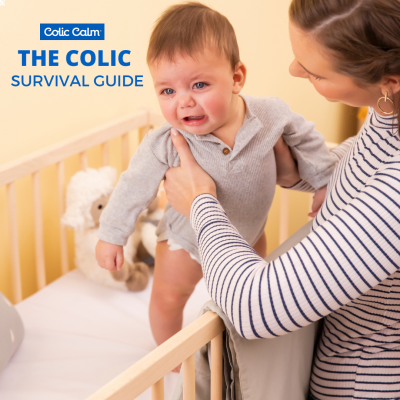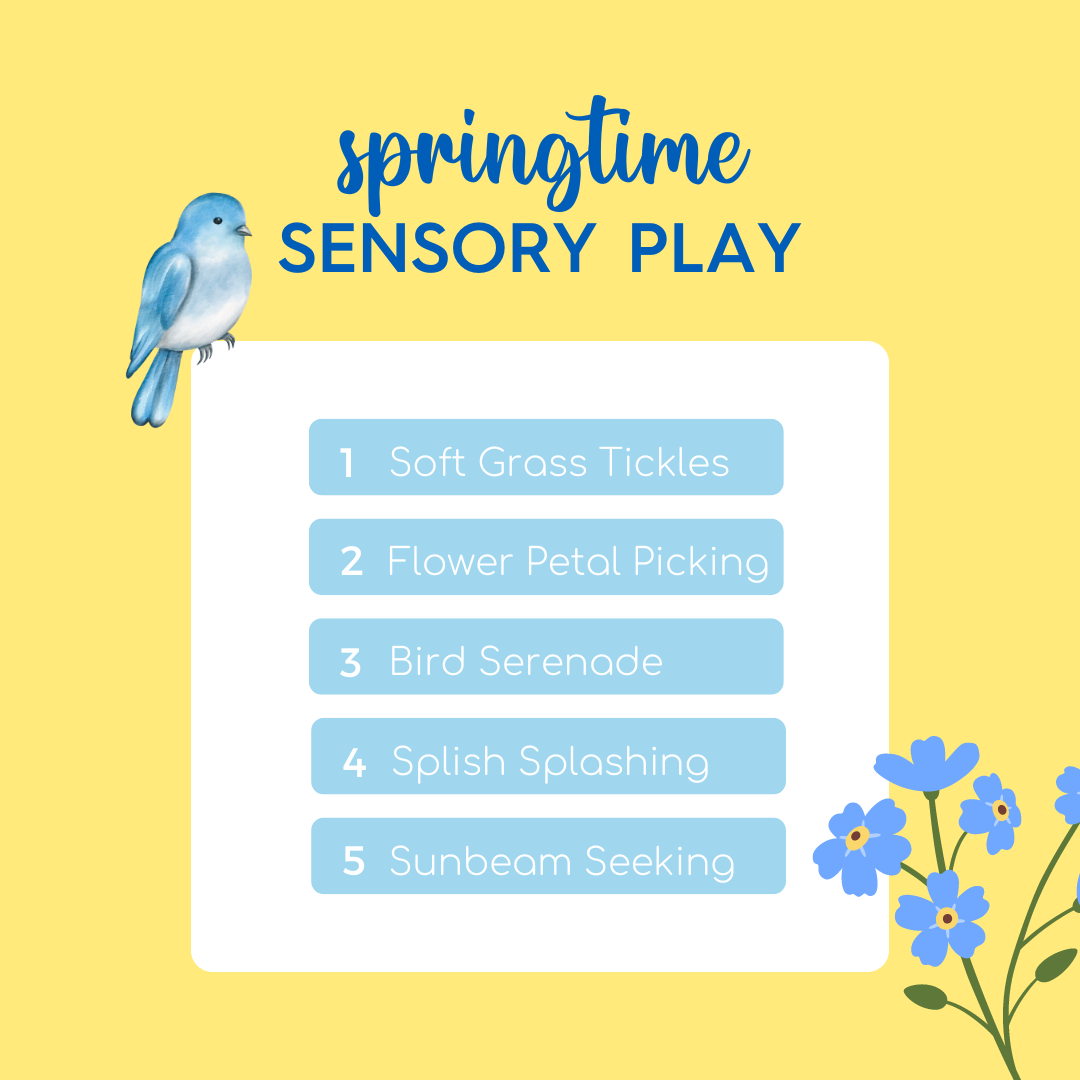How Much Sleep Do Moms Really Need?

Moms are sleep deprived–that's no secret. But how much sleep do moms really need?
Many moms approach the day-to-day with a superhero, “hustle hard” mentality. And while there’s no arguing moms are superheroes; superheroes need sleep too.
Experts suggest that moms need just as much sleep as the average adult—7 to 9 hours per night. These 7-9 hours pave the way for a healthy mom and baby. This may seem nearly impossible, but in most cases, it’s just not prioritized.
What Happens When I Don’t Get Enough Sleep?
When moms don’t get enough sleep, particularly during the first three months postpartum, she will face serious risks such as:
• Worsened symptoms of postpartum depression
• Heightened anxiety
• Developing insomnia
• Become a less involved mother overtime
• Weakened immune system
• More likely to make harmful mistakes like forgetting the baby in the car, cutting yourself while cooking, etc.
Prioritizing a good night’s rest can help prevent some of these risks.
Tips to Get More Sleep
1. Take shifts with your spouse.
Couples tend to try to sleep in sync, by going to bed and waking up at the same time. While this sounds great in theory, this setup typically results in both parents becoming sleep deprived. Another common tactic is to always have the mother get up with the baby; this is especially common with breastfeeding families. Instead, create a schedule with different shifts. Even if mom needs to be up with the baby during wake hours at nighttime feedings, one solution is for the mom’s “bedtime” to move up. Mom can immediately go to sleep after baby’s bedtime routine feed (usually between 6:00 and 8:00 pm). This will allow mama to get a solid 3-4 hours before baby wakes again.
Other shift suggestions include taking turns throughout the night, taking shift days (Mom takes Sunday, Monday, Wednesday, Friday; Dad takes the rest), etc. Figure out a schedule that works best for your unique family dynamic!
2. Sleep when baby sleeps.
It’s cliché, but worth restating. Moms have a difficult time sleeping during baby’s daytime naps because they can’t seem to justify rest over housework. Sink full of dishes. Laundry overflowing. “Oops—did I vacuum this week?” Mom guilt kicks in, so the natural reaction is to kick into full gear. But if you’re not getting enough sleep, you’ll actually get less tasks done.
Motherly said it best: “Insufficient sleep doesn't give us more hours, it just makes us less productive in the time we do have.”
3. Limit screentime.
Aside from the obvious fact that watching a Netflix show (just one episode...okay, maybe two) or scrolling for 30 minutes cuts into your sleep time, technology overstimulates your brain making it more difficult to fall and stay asleep. According to Sleep Foundation, devices also disrupt your natural production of melatonin, throwing off your body’s sleep cycle and internal clock.
4. Ask a close friend or family member for help.
Sometimes you have no other option. You really just need someone to step in. If you’re being honest with yourself, you’ve probably had tons of offers that you just can’t bring yourself to accept. Accept one! Have someone you trust fully come over to watch your little one for a couple hours. The key to this is prepping ahead of time: make sure your baby is fed, changed, and content as possible. Then get some sleep once your knight in shining armor arrives!
In addition to getting a proper amount of sleep, regular self-care is another way to combat postpartum depression and other serious health risks. Check out self-care ideas for the busy mama on our blog!
 Canada
Canada South Africa
South Africa UK
UK EU & Int
EU & Int Ireland
Ireland Australia
Australia Brazil
Brazil New Zealand
New Zealand


















Comments